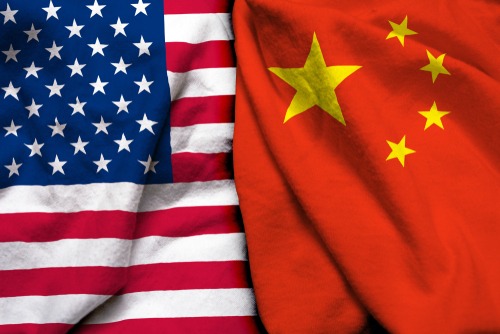
A bipartisan group of senators recently introduced the American Economic Independence Act, which would require the president to provide Congress with a comprehensive threat assessment of integrating economically with China.
It would focus on numerous sectors, demanding analysis of both current and predicted integration, including:
- Financial services
- Critical minerals, including rare-earth elements
- Semiconductors and microelectronics
- Artificial intelligence
- Communications, including telecommunications, social media applications, satellites and other space-based systems, and undersea cables
- Quantum computing;
- Cloud-based systems, including computing services and data storage
- Biotechnology
- Pharmaceuticals and medical technology, including medical devices
- Manufacturing, including casting, machining, joining, and forming
“In recent years, we have experienced the economic and national security risks associated with relying on a strategic rival’s supply chains for a wide variety of industries,” U.S. Sen. Todd Young (R-IN), one of the bill’s authors, said. “Our bipartisan bill would promote American economic independence and help mitigate any potential threats that may stem from future economic integration with China.”
Joining Todd in this endeavor were fellow U.S. Sens. Mitt Romney (R-UT), Catherine Cortez Masto (D-NV), James Lankford (R-OK), Sherrod Brown (D-OH) and John Cornyn (R-TX).
After submitting its threat analysis, the Executive Branch would need to provide recommendations to Congress on how to diminish any risks deemed posed by China in each economic sector. Each sector’s reliance on foreign direct involvement and other sources of capital, their reliance on supply chains dependent on China, their risks of intellectual property theft to economic espionage by Chinese elements, and more, would all be demanded by this analysis.
The assessment would also look at risks to the defense industrial base, and those posed by the use of subsidies and the dumping of goods into the customs territory of the United States.




